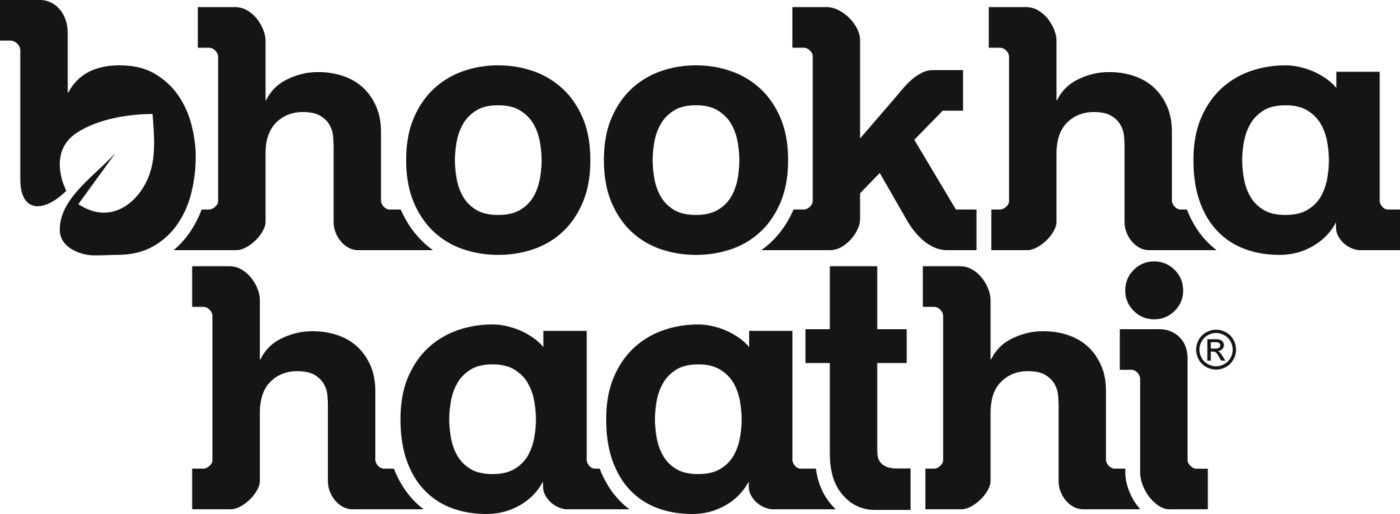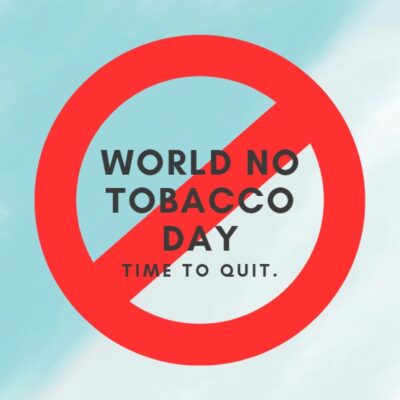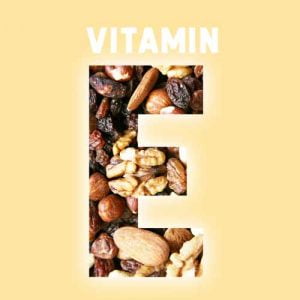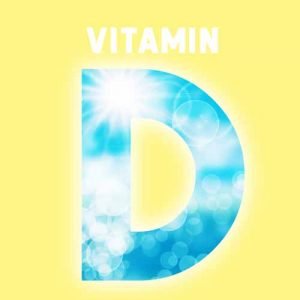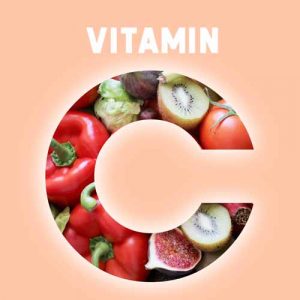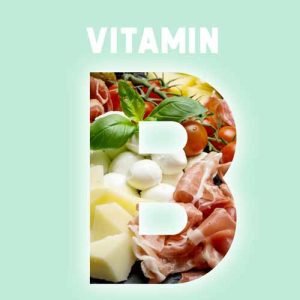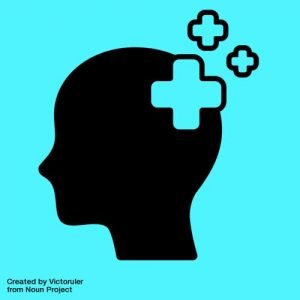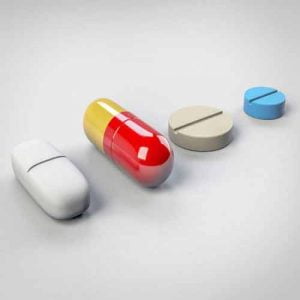Category Archives:
A Refreshing Twist on World No Tobacco Day
World No Tobacco Day | 31st May World No Tobacco Day is observed annually on [...]
A healthy alternative to smokeless tobacco
Smokeless is not harmless. As per various reports by WHO in 2019, worldwide tobacco industry [...]
Vitamin E – Importance, Sources, and Related Deficiency Diseases
Vitamin E is a fat-soluble vitamin that is one of the most important vitamins that [...]
Vitamin D – Its surprising benefits, related deficiency diseases, sources, and recommended dosage
Vitamin D comprises a group of steroids that are fat-soluble. The most important compounds of [...]
All about Vitamin C and its growing importance in our daily lives as an immunity-booster
Also known as ascorbic acid or ascorbate, Vitamin C is a water-soluble vitamin that is [...]
Vitamin B- what are the different B Vitamins, their importance, sources, and related deficiency diseases
B vitamins can be classified as water-soluble vitamins that play crucial roles in cell metabolism. [...]
1 Comments
World AIDS Day: Let’s End The HIV/AIDS Epidemic
December 1, 2020 Each year on 1st December, people from all around the world come [...]
Mental Health Consultation: An Internal Insight
Have you ever noticed how lively, light-hearted and productive you feel when you are happy? [...]
Immune Boosting Foods: Your Body’s Ultimate Protective Shield
Are you someone who often needs to visit your doctor? Do colds, coughs, and the [...]
2 Comments
World Antibiotic Awareness Week
November 18th – 24th, 2020 Antibiotics are substances that act against bacteria or viruses and [...]
